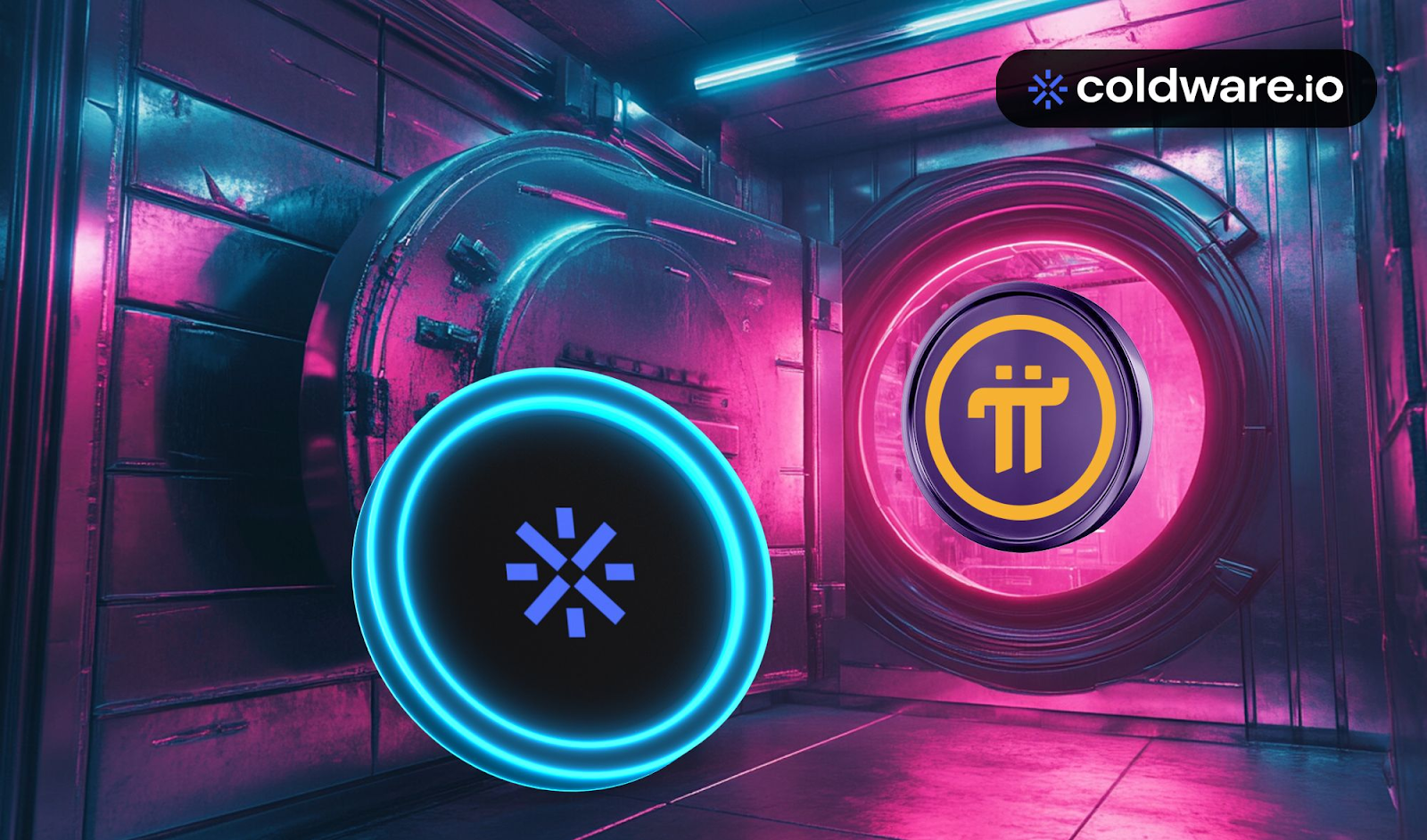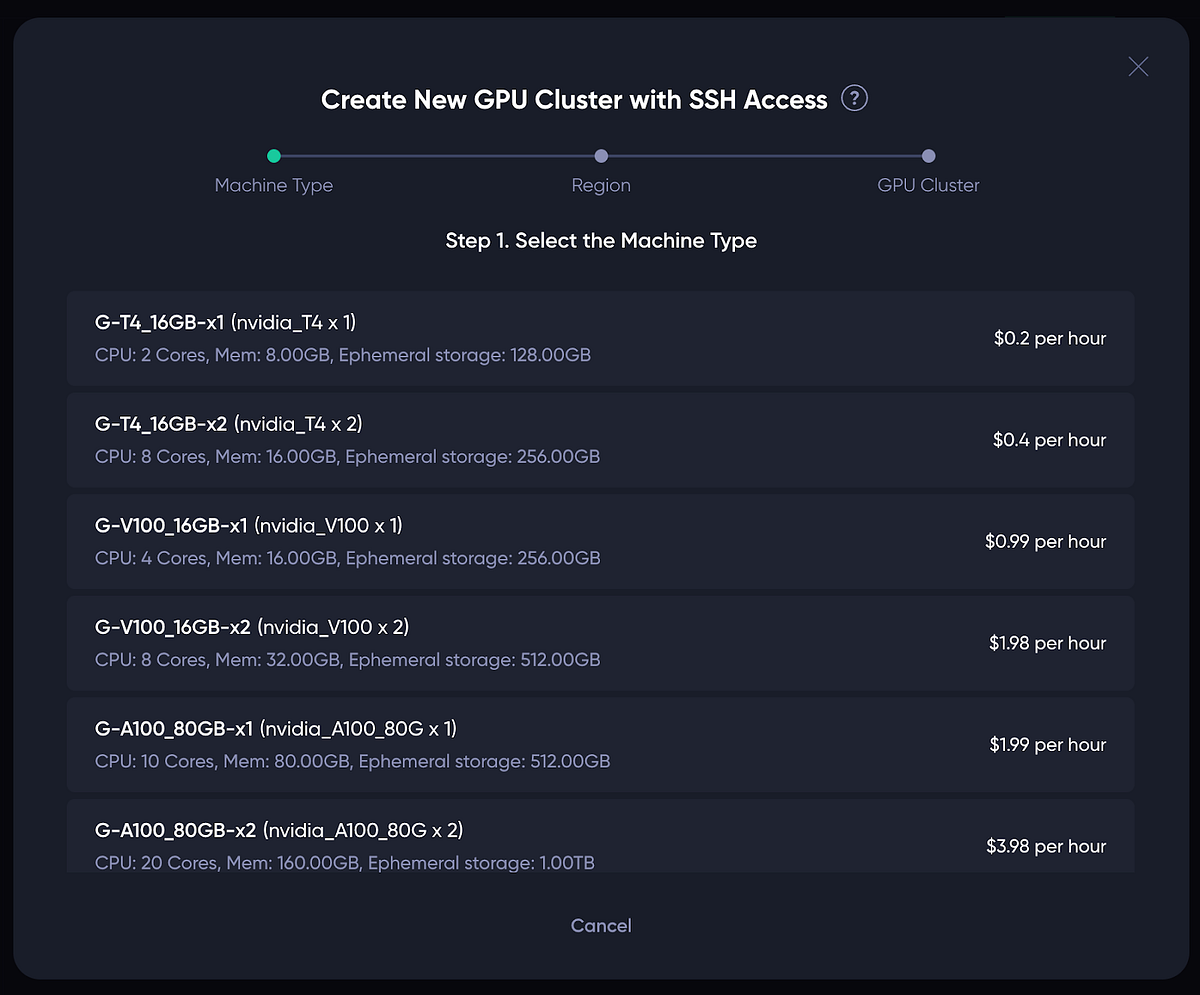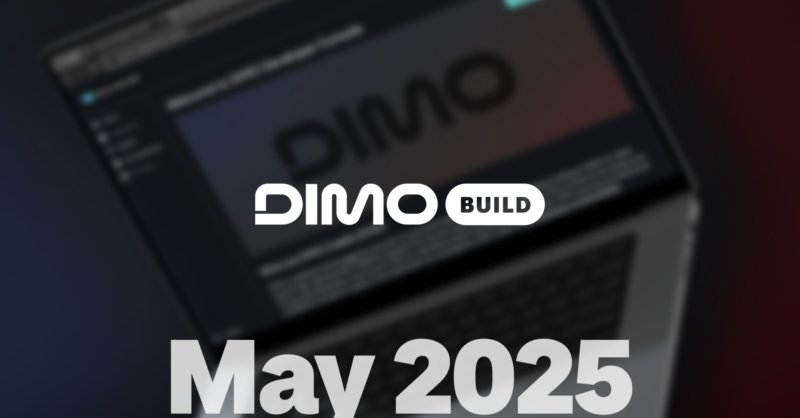Colby Winegar Promoted to CEO of Storj, Aiming for Growth in Cloud Storage and AI

Distributed cloud storage company Storj has announced the promotion of Colby Winegar to the position of CEO, succeeding Ben Golub, who has held the role for over six years. Winegar, who previously served as the Chief Revenue Officer, has been a key figure in the company’s recent achievements, including the acquisitions of Valdi and PetaGene. Golub, now the executive board chairman, praised Winegar’s contributions and leadership, stating that he has been instrumental in cultivating a strong customer base and developing a robust partner ecosystem. The transition of responsibilities to Winegar began six months ago, indicating a well-planned succession strategy.
Under Winegar’s leadership, Storj aims to leverage its distributed cloud storage solutions, which reportedly offer up to 90% lower costs and 83% less carbon emissions compared to traditional storage methods. He emphasized the growing need for innovative data management solutions as AI adoption accelerates across various industries. Winegar’s vision includes collaborating with technical alliance partners, customers, and resellers to enhance the transformative capabilities of Storj’s offerings. The company’s S3-compatible architecture utilizes unused capacity from drives and data centers worldwide, providing efficient storage solutions and on-demand GPU access through its global network.
To support this leadership transition, Storj has made strategic hires, including a new leader for its direct sales organization and an internal promotion to oversee the channel sales team. These changes are designed to strengthen the company’s sales strategy and align with its growth objectives. Additionally, in August, Storj announced a partnership with CUDOS, a decentralized physical infrastructure network, to facilitate easier access to AI compute resources. This collaboration aims to enhance Storj’s capabilities in supporting AI workloads, particularly with access to advanced Nvidia chips, further solidifying its position in the cloud storage and AI sectors.
Related News





